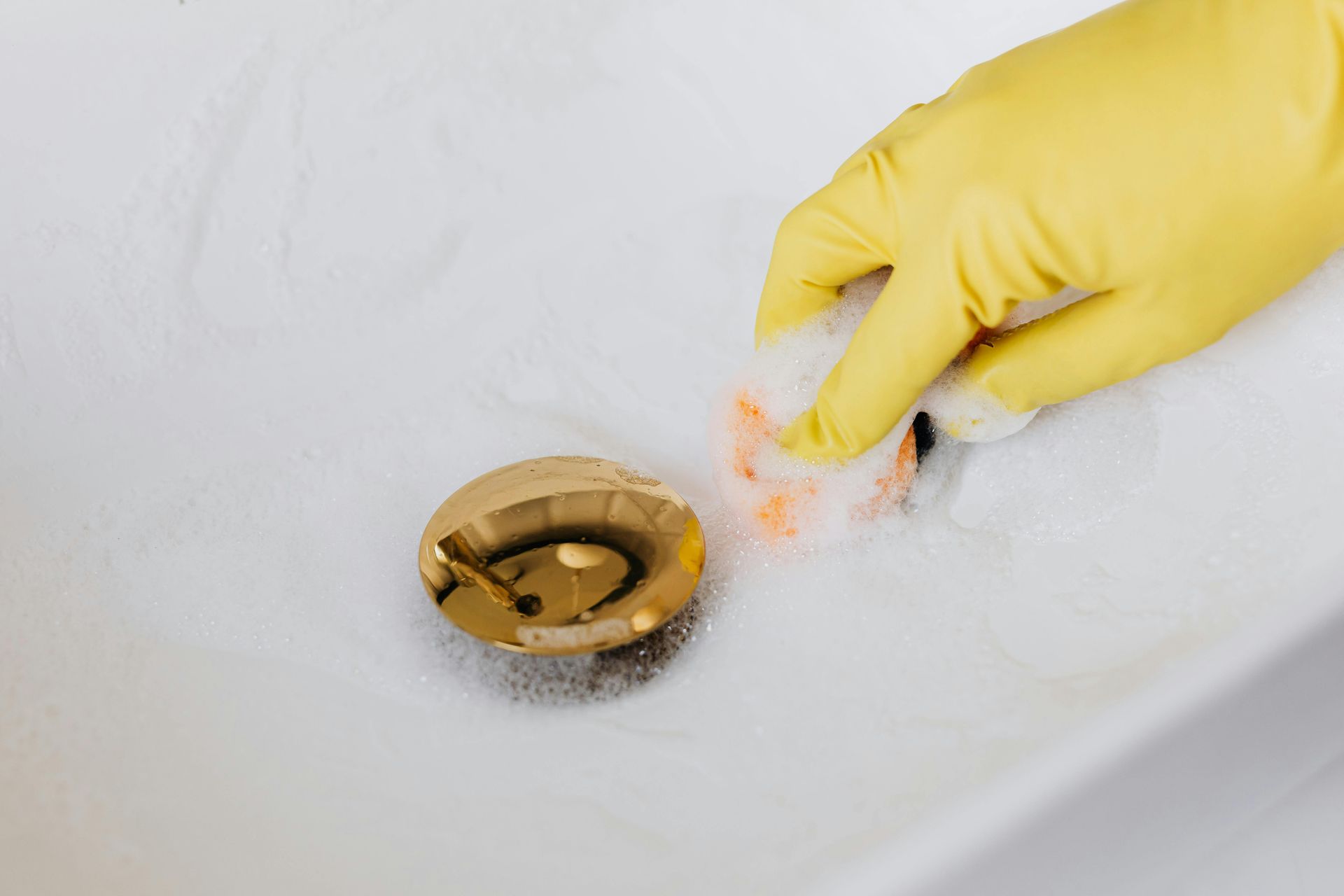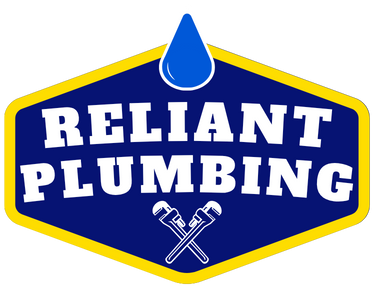
🚰 Slow Draining Sinks: What’s Causing It and How to Fix It
That sluggish sink isn’t just annoying—it could be a warning sign of deeper plumbing trouble in your home.

Introduction
If you find yourself waiting longer and longer for your sink to drain, it’s more than a minor inconvenience—it’s a symptom. Whether it’s your bathroom, kitchen, or laundry sink, a slow drain could point to anything from a simple clog to a serious plumbing issue in your pipes or venting.
In this article, we’ll break down the most common causes of slow drains, how to diagnose the problem, and when it’s time to call a plumber in Cambridge, ON.
1. Common Causes of Slow Sink Drains 🌀
A slow drain often builds up over time. Here are the usual suspects:
🧼 Soap Scum & Hair
Bathroom sinks often clog due to a buildup of soap, hair, and toothpaste, which forms a sticky gunk inside the drain.
🍳 Food & Grease
In kitchen sinks, grease, food scraps, and coffee grounds are the top causes of slow draining. Even with a garbage disposal, over time they can reduce water flow.
🪠 Partial Blockages
A clog that hasn’t fully sealed the pipe will still let water through—but slowly. Over time, these blockages can become full clogs.
🪜 Improper Pipe Slope
If your drain pipes are installed without the proper angle, water won’t flow efficiently and backups may occur.
🌬️ Blocked Plumbing Vents
If your vent stack is clogged (often from debris or ice), it creates a vacuum effect that prevents drains from flowing freely.
2. Why You Shouldn’t Ignore a Slow Drain ⚠️
It’s tempting to live with it, but slow drains often mean:
- Bigger clogs are forming
- Pipes may be deteriorating
- Drain venting may be inadequate
- Mold or mildew can start to grow
The longer you wait, the greater the risk of flooding, pipe damage, or bad odours. What starts as a small backup could lead to costly repairs if left untreated.
3. DIY Fixes That Might Help
Before calling a plumber, try these safe and simple fixes:
- Boiling water – Helps dissolve grease clogs.
- Baking soda & vinegar – Natural chemical reaction can help loosen gunk.
- Plunger – A quick plunge may push the blockage free.
- Drain snake – A small hand auger can remove hair and debris.
- Clean the P-trap – Unscrew and rinse it out under the sink.
🚫 Avoid chemical drain cleaners—they can corrode your pipes and don’t always work on deeper blockages.
4. When to Call a Plumber in Cambridge
If DIY methods don’t solve the issue, it may be time for professional help. Call a plumber if:
- Multiple fixtures are draining slowly
- You hear gurgling when other drains are used
- There’s a bad smell coming from the sink
- The drain slows again shortly after cleaning
Professional plumbers use tools like drain cameras, high-pressure jetting, and power augers to clear deeper or more stubborn clogs.
5. Preventing Future Drain Issues ✅
Keep your drains clear with these habits:
- Use drain strainers in bathroom and kitchen sinks
- Avoid dumping grease, oils, and coffee grounds down the drain
- Flush drains monthly with hot water
- Regularly clean the P-trap and inspect your vent pipes
- Schedule annual drain inspections if you have older plumbing
Final Thoughts
A slow drain might seem like a small issue, but it’s often your plumbing’s way of telling you there’s a bigger issue forming. Addressing it early can save you time, money, and frustration.
If you live in Cambridge and need help diagnosing or fixing a slow sink, the experts at Reliant Plumbing are just a call away.
